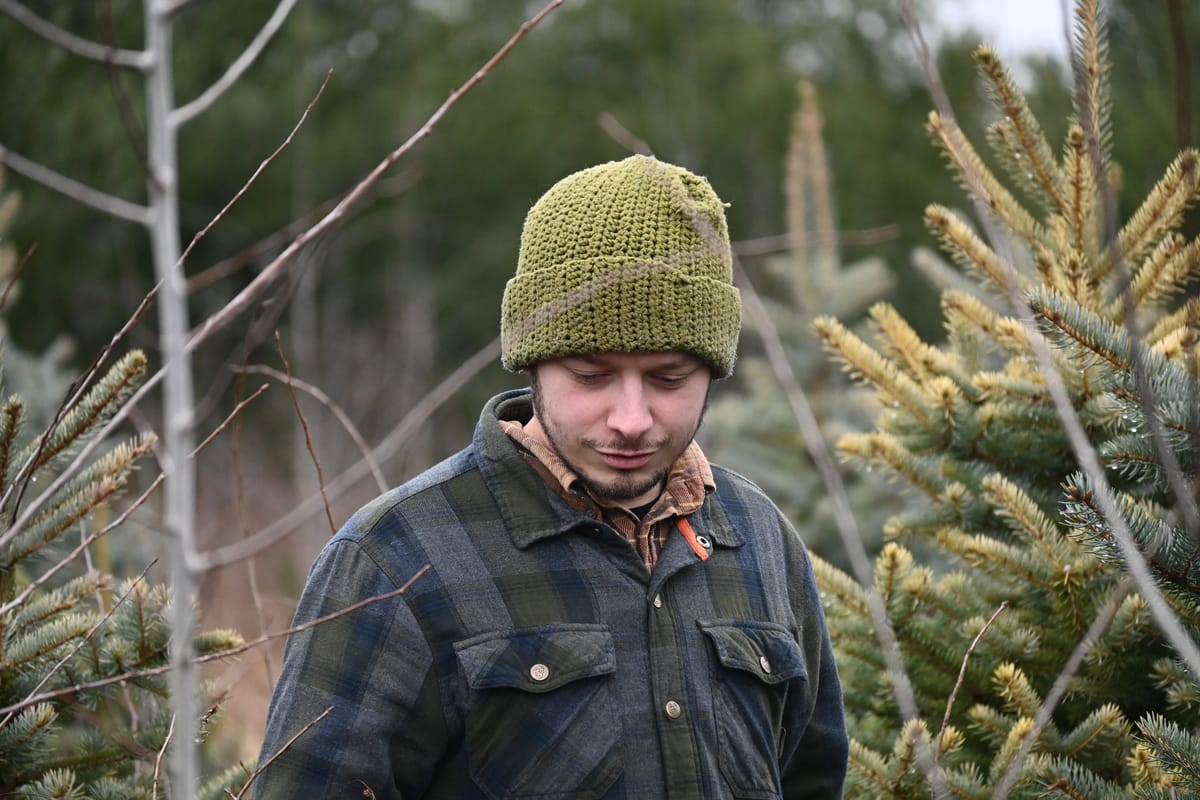
Sorry for the late article, we had a baby born recently so I didn’t have the time I normally do to prepare something for this Monday!
Today I’d like to talk about what ecological philosophy is and why it’s important that we know where we stand because it ultimately affects how we decide to interact with the environment.
I’ll go into a few main lines of thought, but my goal is not to go into historical examples as much as explain things from a blank slate and how to think about the world around us.
While I may write more about other types of ecological philosophy in the future, I mainly want to talk about the main issues I have with modern preservationism.
Preservationism
Preservationism has essentially these core underlying beliefs:
Untouched wilderness is the ideal
Humans should strive for a net zero footprint on the environment
Stability is more valuable than change
While not everyone would say that they agree with all of these fully, these are the popular ideas within the mainstream environmentalist world. Some people are more or less extreme, and most people might not even realize that they believe these things, but they have a huge impact on how we steward the land around us!
We’ll go one by one, and I’ll explain why I take issue with these.

“Untouched Wilderness is ideal”
There are a few major assumptions being made here that you’ll hear me mention a few times.
Firstly, almost no wilderness on earth (there are some exceptions) is completely untouched by humans. We have no frame of reference for what these environments looked like pre-humanity.
Even the indigenous Americans had very hands-on forms of agroforestry in the Midwest that often involved cutting down and burning forests to create food production systems! And there’s nothing wrong with that! In fact, they did an excellent job.
Another assumption being made is that untouched wilderness is more productive than actively and properly managed wilderness which is just not true.
Nature survives without human intervention, but it thrives with proper stewardship!

“Humans should strive for a net zero footprint on the environment”
While at first this sounds like a nice concept, I think it’s unproductive and sends the wrong message.
At its core it is a nice sentiment, but if the issue is humans causing harm to the environment, then I say it’s only fair that we make it right. More than right.
The truth is that seeking to just leave a net zero footprint just allows irresponsible people to always have the greater impact. In other words, with that perspective the Earth is always inevitably doomed.
Take foraging for example. Michigan has some pretty tight restrictions on foraging. On public land you can’t do anything that requires cutting vegetation (ie. you can only harvest fruits and nuts).
Think about this for a second. If no one is allowed to even harvest and replant responsibly then poachers will always destroy habitat faster than it will grow naturally meaning the species will eventually disappear.
Unless we think differently about it.

“Stability is more valuable than change”
This one is probably not actively said as much as shown through actions.
No one would actually say that if they thought about it for a while, and yet policy and preservationist practice basically say this.
Humans are always resistant to change for whatever reason (and I get that) but the ecosystem is not.
In the natural world, everything is in a constant state of change that tends towards order and improvement.
When we try to maintain something in a constant state, we’re fighting against the natural order.
I’m not saying there’s no place for attempting to keep something consistent, but we’re deluding ourselves if we think it’s for the betterment of the environment.
Some examples include reintroducing species that no longer fit an ecological role, wildfire suppression policy, anti-selective breeding efforts, or native-species-only policies.
To be clear, I do think there’s a place for preserving things (especially certain genetic lineages) but only if the intent is to use it to further advance the ecosystem as a whole.

In essence, my issues with preservationism are that all it achieves is loss prevention rather than fostering adaptation and resilience. That’s just bad stewardship.
When we steward the land, we have to keep in mind a few main truths:
The Earth is designed to regenerate itself over time
Human intervention is the only thing that can heal human error
The environment is dynamic
The best strategy is building resilience
With this approach, not only can we rapidly fight existing problems and stave off future problems, but we can have a lot of optimism that you can’t have with a preservationist mindset!
Knowing that there is not only hope but very high potential for a healthy, productive, and resilient environment is very encouraging!
Which do you identify more with? Preservationism or regenerationism?
Follow me on social media for behind-the-scenes videos and seasonal photos!
Leave a comment to show the algorithm how legit we are!
Thanks for reading The Naturalist. Please share on social media to support the work!

